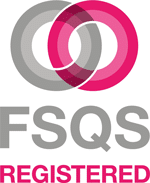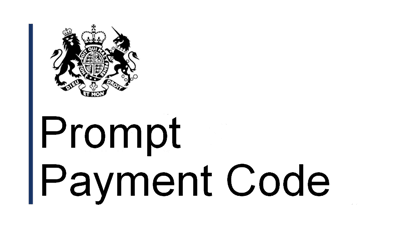In its recent ‘Reputational Risk Survey’ Willis Towers Watson revealed that 86 percent of clients are concerned about loss of income and customers due to reputational risk.
Traditional media are always looking for a scandal or story whether it is faulty products causing harm, companies not taking their corporate social responsibility seriously, exploitation of workers and more. In addition, social media allows users to share their views and opinions on your brand globally in minutes, which means that a brand’s reputation can be damaged very quickly. Especially, as social media is not monitored and regulated in the same way as traditional media so people can easily say what they like about your products.
WTW highlight the key findings from the survey as:
- Seven in ten (72%) report that risk management teams have at least some responsibility for the monitoring, measuring or management of reputational risk
- Nearly the same proportion said that reputational risk is reported at the C-Suite (61%) or Board level (66%) within their organisation
- Almost eight in ten (80%) believe that the focus on reputational risk in their business will only increase in the coming five years
- The majority of respondents highlighted that reputational risks could result in potentially crippling business outcomes for their organisation such as loss of income (86%) and weakened human capital, because of their reduced ability to retain (62%) or attract (57%) talented employees
- Framed against this increasing focus, most respondents pointed out that when it comes to measuring and monitoring reputational risk, they face real challenges in accessing reliable data (51%), with a large proportion (42%) indicating they have inadequate tools to do so
- Not surprisingly, given the challenges highlighted, many of our respondents indicated they were interested in improving how they manage and monitor reputational risks in some way. 58% said they look for innovative ways to protect their organisation from reputation damage
What can you do to mitigate these risks?
As with so many risks, being prepared is key. Crisis communication training is a first step, ensuring that those who may be called on in a reputational crisis are aware of their roles and how to manage a potentially brand damaging incident. This can include media training, or this can be carried out separately, ensuring that your company has trained spokespeople who can handle difficult media interviews.
When it comes to social media, this should be treated as both a proactive and reactive marketing tool. It is also a key part of customer service and any complaints or product feedback should be escalated in the same way as calls or emails to customer care lines. We offer a social media crisis training which helps those responsible to understand how crises can build online both on your own channels and in forums and groups. We can assist you in understanding monitoring tools that will help you track your brand mentions and how to respond should a crisis emerge.
Our social media crisis experts can also help you setup the tools and ensure they are optimised to capture emerging crises.
As always understanding your risks, having a plan and training your people will ensure you are better positioned to handle a reputational risk.


